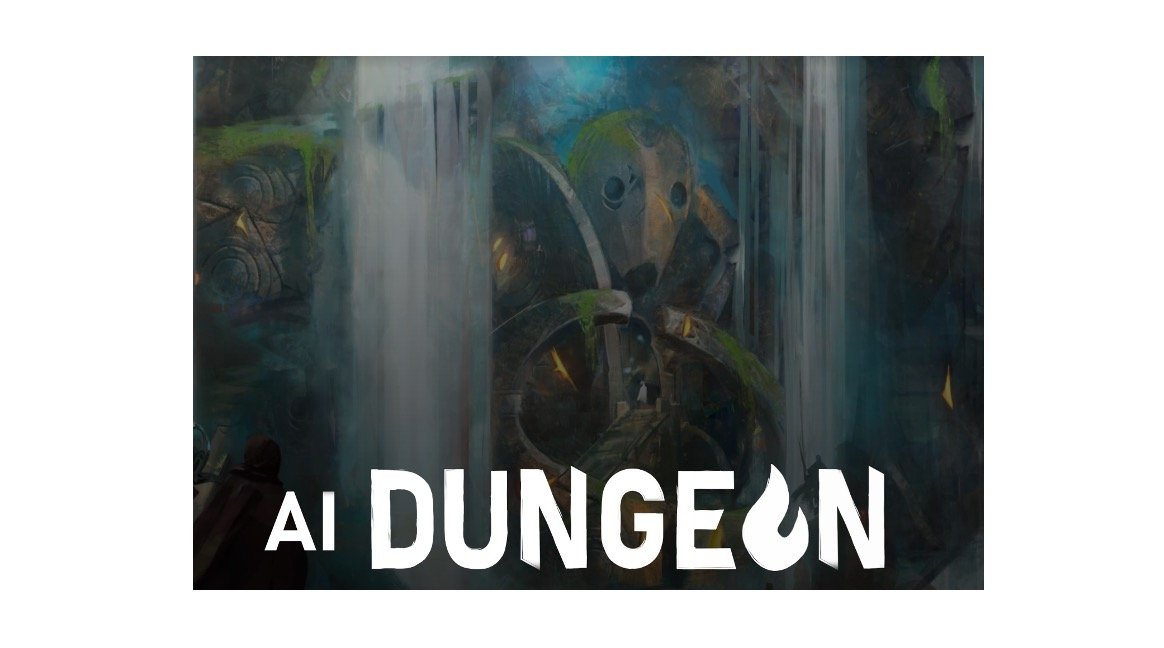Software development is a science that is on the rise and that can yield a good salary for those who invest in this knowledge, but it is necessary to be aware, after all, specializing in a specific language can make a difference in the return obtained.
With that in mind, a question that may arise is: Java or dotNet, which is better and worth more? The answer depends a lot on your profile and the path you want to follow, but it’s very important to understand each one to make the right choice.
So let’s go, in this post you will see what java is, what dotNet is, what a developer needs to learn to create codes in each of these languages and how they compare in relation to the demand and financial return we find in the market.
Keep reading!
What are programming languages?
In general, a programming language is a set of commands, guidelines, rules, data and algorithms used for software development, serving to control the functioning of these systems and the logical path that it uses to operate.
We can consider the code as an instruction manual that describes the rules, functions and operations of software. The programming language would be like the language that defines the way it should be written and then read by the device or hardware.
Meanwhile, the code created is the way the system was written and designed to work, the language is the way it can be read by the hardware that uses it, requiring some level of compatibility between it and the platform used.
Before talking about Java and dotNet, it is necessary to understand that the first is a language used in multiple different platforms, which provides a wide variety of applications, while the second is a framework or development platform, created by Microsoft, which, by in turn, uses a diverse range of programming languages, such as C#, for example.
We will better understand each one of them below.
What is Java?
Java is a very flexible and popular programming language. It is widely used for the development of web application codes, games , cloud computing, Internet of Things (IoT or Internet of Things), Big Data and Artificial Intelligence.
Designed to be easy to use and allow application on multiple platforms, Java enables self-taught learning, with an active community to fully support it, in addition to functions and libraries being widely integrated into available solutions.
Those who choose this path can work on virtually any operating system or platform, so written code is replicated more easily and its reach tends to be greater.
With this knowledge, it is possible to work with the development of web applications, mobile applications and many other types of software.
What does a Java developer need to know?
The Java programming language is one of the friendliest for the developer , at the same time it is one of the most sought after by companies that need solutions in the area of software programming.
However, it should be noted that it has undergone many changes and updates since it was created in 1995. Therefore, it is necessary to keep up to date, like to learn and be able to find solutions on your own.
Within the Java ecosystem, there are many paths to follow, which opens many doors for those who invest in this career. The strong point of these professionals is the ability to act as a back-end developer .
What is dotNet?
As mentioned, dotNet is a development framework, originally created by Microsoft with closed source and later being transformed into an open source platform, which greatly boosted its relevance in the market.
If you thought that this platform is stronger for devices that use Windows as an operating system, you are right. It was Microsoft’s strategy to offer an optimized platform for software development on its OS, competing directly with Java.
As a platform, dotNet uses different programming languages, with C#, Visual Basic and C++ being the most prominent. Just like Java, it can be used for many different activities, from cloud computing to gaming, IoT and much more.
What does a DotNET developer need to know?
To be a good dotNet developer, it’s important to pursue a background in software engineering, computer science or similar. Among the most requested skills, we have knowledge about front-end development, programming languages and the dotNet framework.
Java and DotNET: which one to learn?
The choice of a company to invest in one or more platforms depends on several factors based on knowledge and opportunities, however, professionally, we often have to decide between one or another point that we want to follow.
What we can highlight in relation to salary is that both Java and dotNet platforms have increased in recent years. The monthly average is around R$ 5,250.00 for those who work as dotNet developers, while Java programmers receive around R$ 4,697.00 on average.
Analyzing beyond the numbers, if the objective is to maximize hiring possibilities, the Java language is a great option compared to dotNet, since it has practically twice as many vacancies available in the period, in addition to the possibilities of the mobile market, which is in wide boom for android.
However, Java requires a much more self-taught learning profile than .NET, especially to reach high levels of salary and knowledge of good platform practices. At the other end, the ease and investment by Microsoft in the .NET platform bring resources and attractions that are clearer and more accessible than those found in the Java platform.
It is worth evaluating the market and the companies present in your region, opportunities on both platforms are present in several places in Pak, but it is worth considering whether in your region they are not too unbalanced in the opposite direction to your choice.
Furthermore, it is worth remembering that the two platforms have more in common than they are different, after all, they seek to solve the same problems, that is, learning a platform does not prevent you from going on another in the future, and, in the market, what matters is the your ability to adapt to opportunities, not your knowledge acquired from the factory.
In this case, a good alternative is to seek a career as a full stack developer, who has knowledge in multiple languages, both in the front-end and in the back-end, which opens up many more possibilities for your future.








